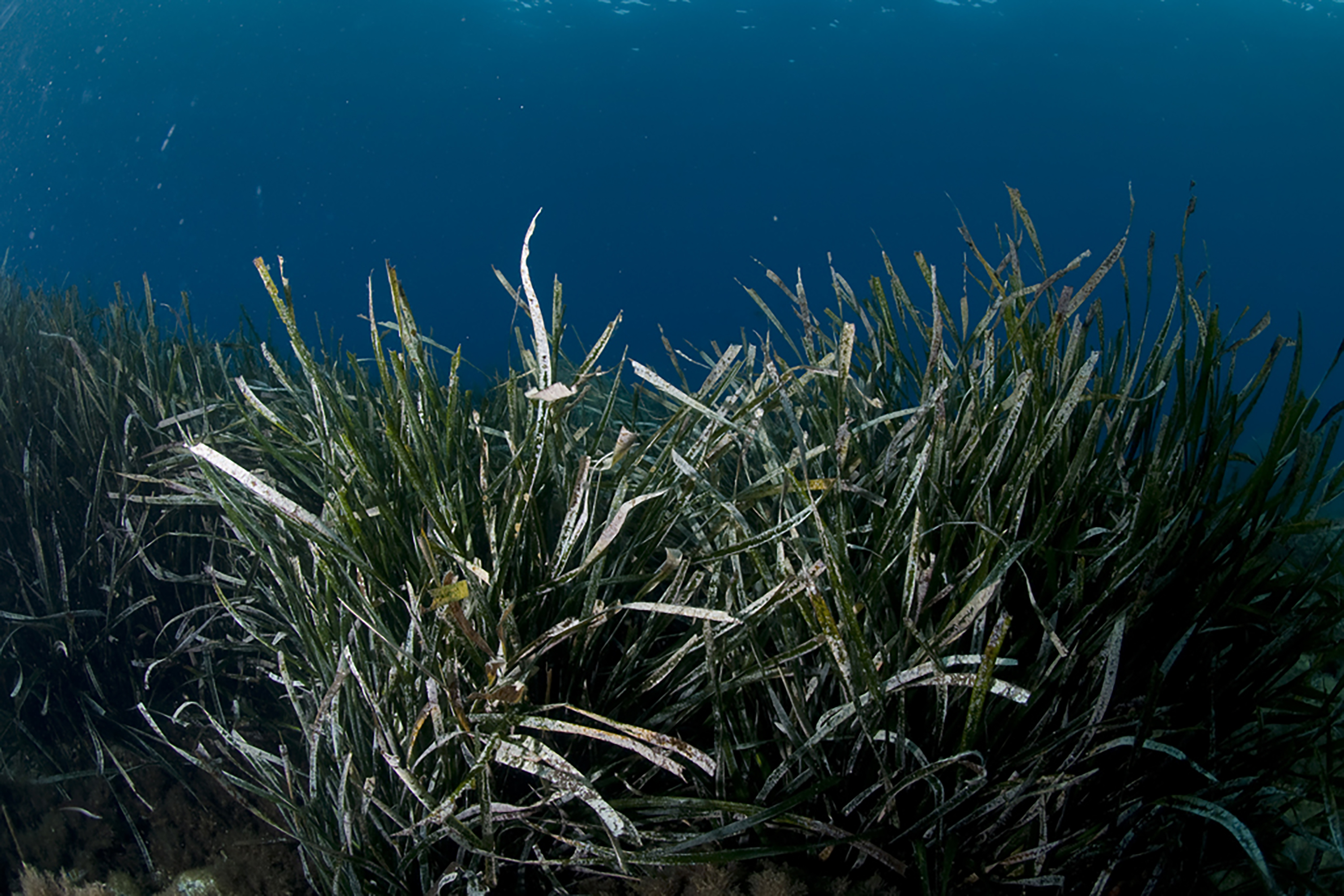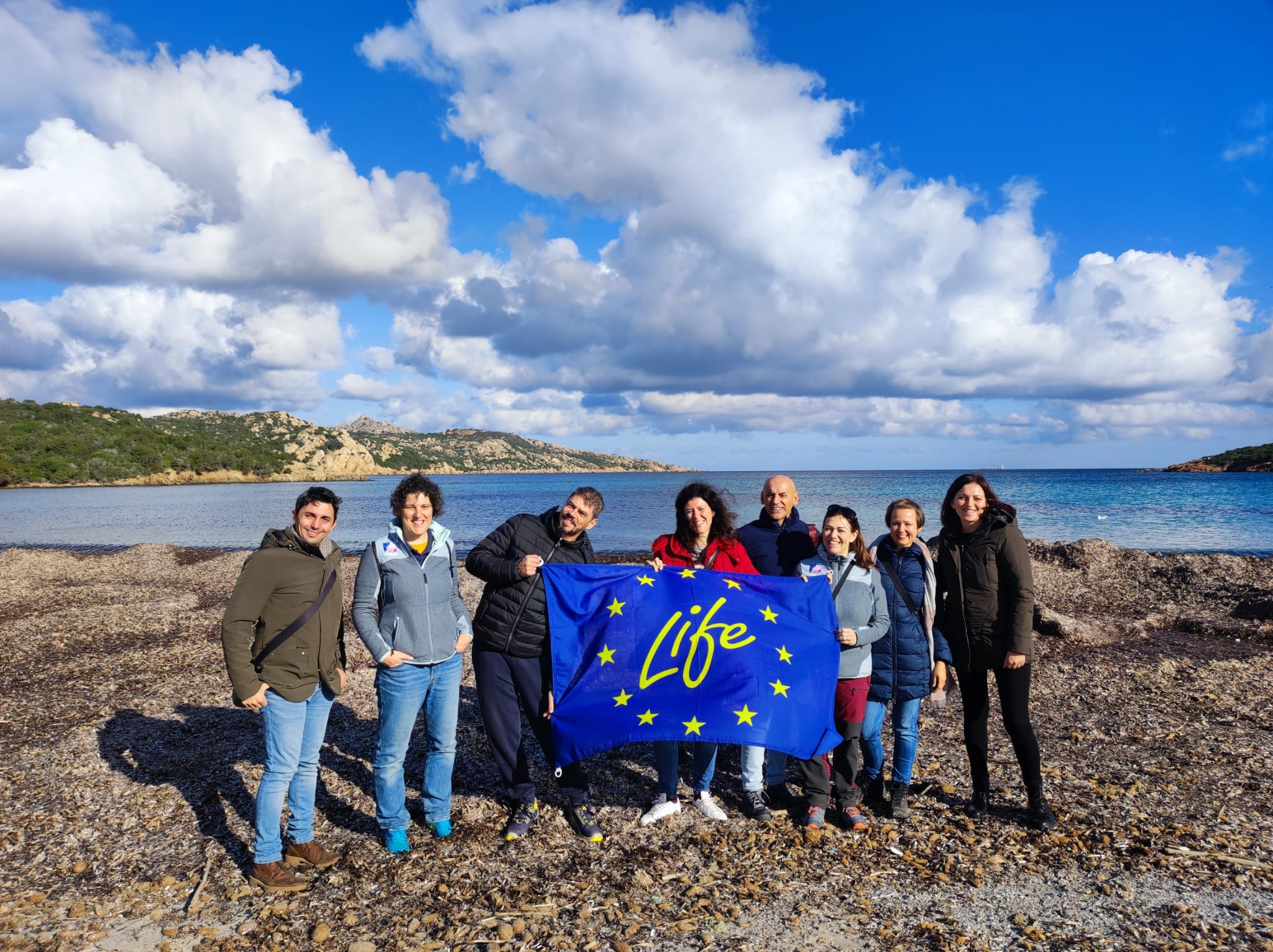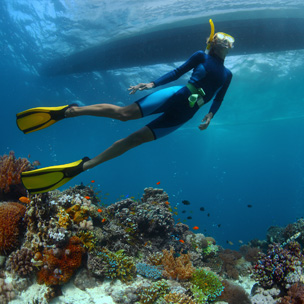A European LIFE project for the conservation of Posidonia oceanica meadows, a marine plant that plays an important role as carbon sink for the Mediterranean, significantly helping to combat climate change
Last News

Ecosystem services

Training course revegetation Posidonia oceanica

Monitoring visit 2022

WHERE
The project will be carried out in two Italian regions, and will involve three National Parks and the respective Marine Protected Areas: the National Park of Cilento and Vallo di Diano in Campania, the National Park of Asinara and the National Park of the La Maddalena Archipelago in Sardinia. Later we will export the SEA FOREST model to Malta, an island in the Mediterranean with a large extension of Posidonia meadows.

HOW
To solve the problem of the "wild anchorage" of the boats inside the Posidonia oceanica meadows, we will implement a mooring management plan in critical areas. We will replace moorings no longer working with sustainable models, to allow berthing outside the protected habitat, and we will carry out demonstration actions of Posidonia revegetation, in order to recover the habitat where it is in regression or has disappeared.

WHAT
SEAFOREST LIFE will carry out concrete actions for the conservation of the Posidonia meadows, aiming at the reduction of their degradation, which proceeds without ceasing. It will also allow local businesses and the Parks themselves to purchase carbon credits that will reduce their gaseous emissions, thus helping to improve carbon sinks generated by Posidonia oceanica meadows.

WHY
Posidonia oceanica has the unique ability to produce oxygen and capture carbon dioxide in its roots: it is, therefore, an ecosystem of vital importance to combat climate change. Despite being protected globally, the habitat of the Posidonia meadows is disappearing especially due to human activities, and we have already lost 29% of the Posidonia meadows in the world.







